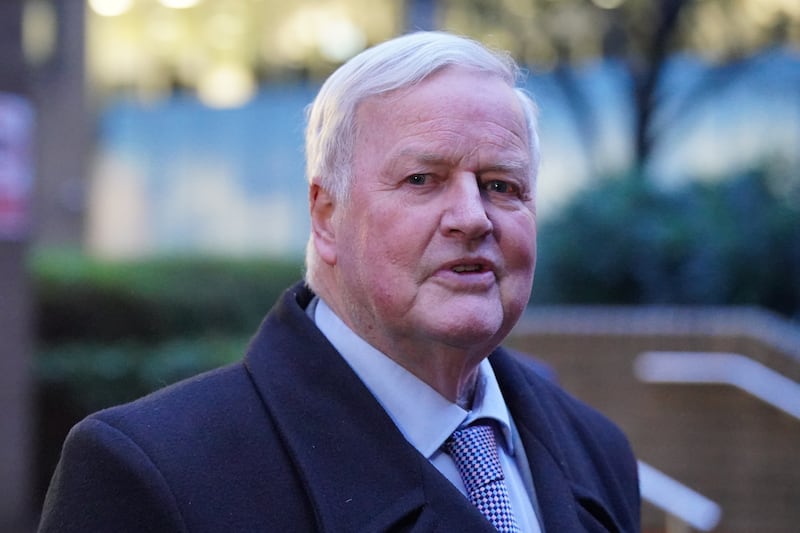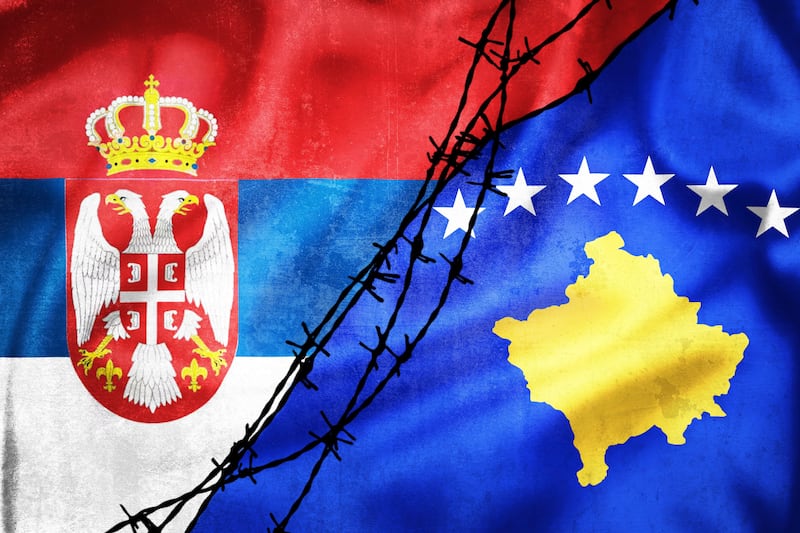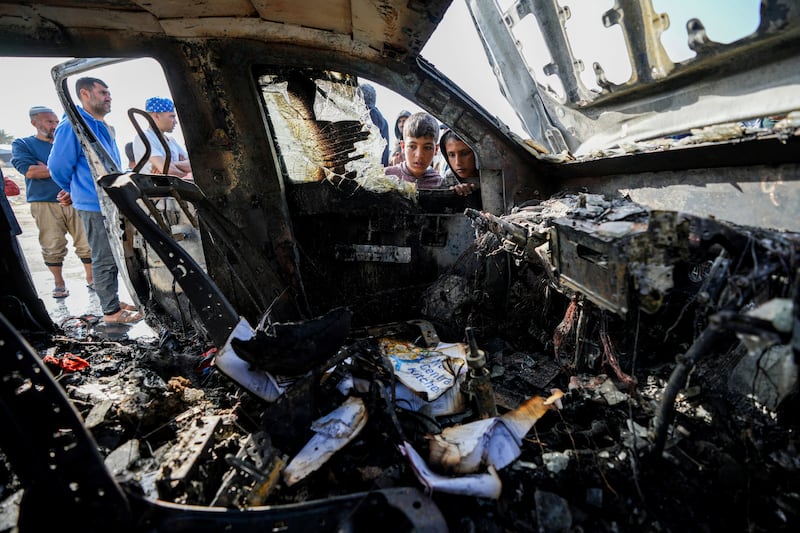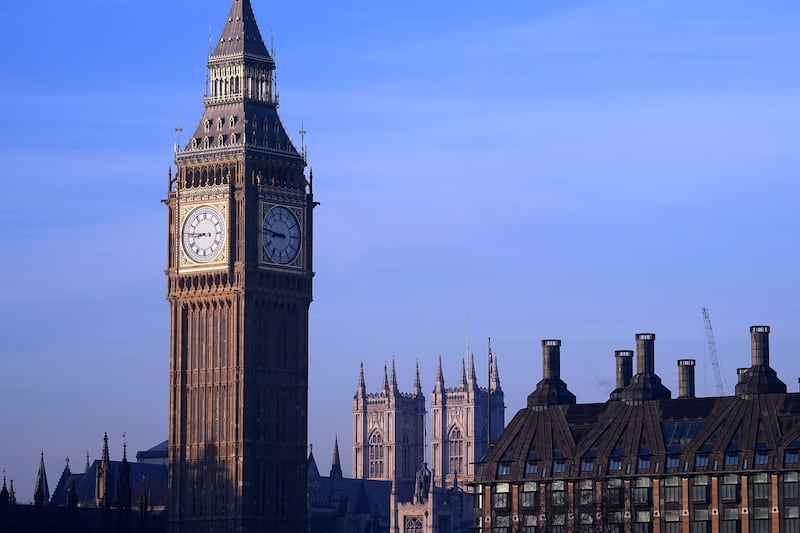Ministers are under pressure to reveal when they first knew about allegations of Chinese espionage in Westminster and how they responded.
Rishi Sunak insisted that Foreign Secretary James Cleverly raised the issue of Chinese interference in UK democratic institutions during his recent trip to the Asian nation, and that he had “reinforced this” at the G20 summit.
The arrest of a parliamentary researcher under the Official Secrets Act led to the Prime Minister confronting Chinese premier Li Qiang at the G20 gathering in India on Sunday over “unacceptable” interference in democracy.
But MPs questioned whether it took reports of the arrest, which happened in March, to be made public for the Prime Minister to raise concerns.
Deputy Prime Minister Oliver Dowden declined to answer questions on the timeline in the House of Commons, saying only that the Prime Minister and the Foreign Secretary “regularly raise” Chinese interference with their counterparts in Beijing.
Pushed by Labour leader Sir Keir Starmer to elaborate on this, Mr Sunak said: “I’m limited in what I can say specifically, but I’ve been emphatically clear in our engagement with China that we will not accept any interference in our democracy and parliamentary system.
“This includes sanctioning of MPs and malign activity such as the type of activity alleged to have taken place.
“I can absolutely confirm that the Foreign Secretary raised these issues on his recent visit, and I also reinforced this in my meeting at the G20.”

The man at the centre of the allegations has insisted he is “completely innocent”, saying he has spent his career highlighting the “challenge and threats presented by the Chinese Communist Party”.
Mr Dowden, speaking in the Commons on Monday, said he could not go into details of the case because of an active police investigation and that he would not provide a “running commentary” on intelligence matters.
He said: “It remains an absolute priority for the Government to take all necessary steps to protect the United Kingdom from any foreign state activity, which seeks to undermine our national security, prosperity and democratic values.
“The Government has been clear that China represents a systemic challenge to the United Kingdom and to our values.”
He added that “we must be able to look the Chinese in the eye and call out unacceptable behaviour directly”, as Mr Sunak did in New Delhi.
In a statement released through his lawyers, the 28-year-old researcher – who has not been officially named by police or MPs – said: “I feel forced to respond to the media accusations that I am a ‘Chinese spy’.
“It is wrong that I should be obliged to make any form of public comment on the misreporting that has taken place.
“However, given what has been reported, it is vital that it is known that I am completely innocent.
“I have spent my career to date trying to educate others about the challenge and threats presented by the Chinese Communist Party.
“To do what has been claimed against me in extravagant news reporting would be against everything I stand for.”
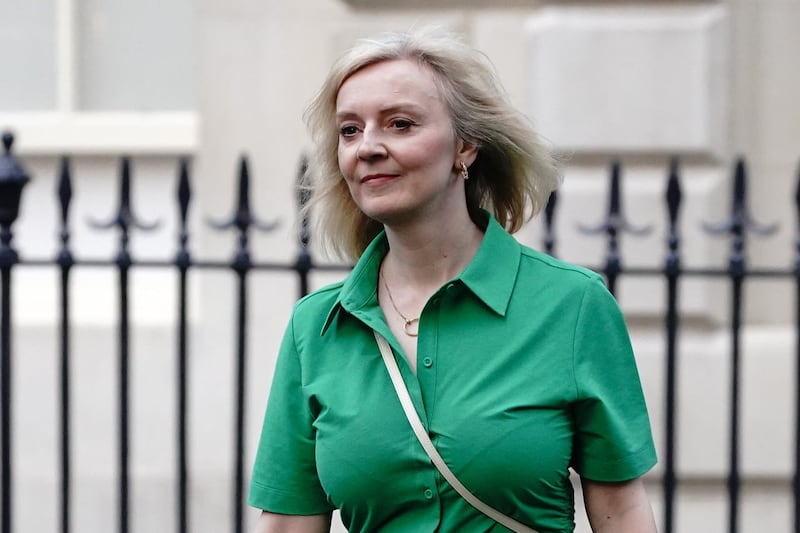
The Briton was arrested along with another man by officers on March 13 on suspicion of spying for Beijing, it was revealed by the Sunday Times.
Officers from the Metropolitan Police’s Counter Terrorism Command, which oversees espionage-related offences, are investigating.
One of the men, in his 30s, was detained in Oxfordshire on March 13, while the other, in his 20s, was arrested in Edinburgh, Scotland Yard said.
Both were held on suspicion of offences under Section 1 of the Official Secrets Act 1911, which punishes offences that are said to be “prejudicial to the safety or interests of the state”.
They have been bailed until early October.
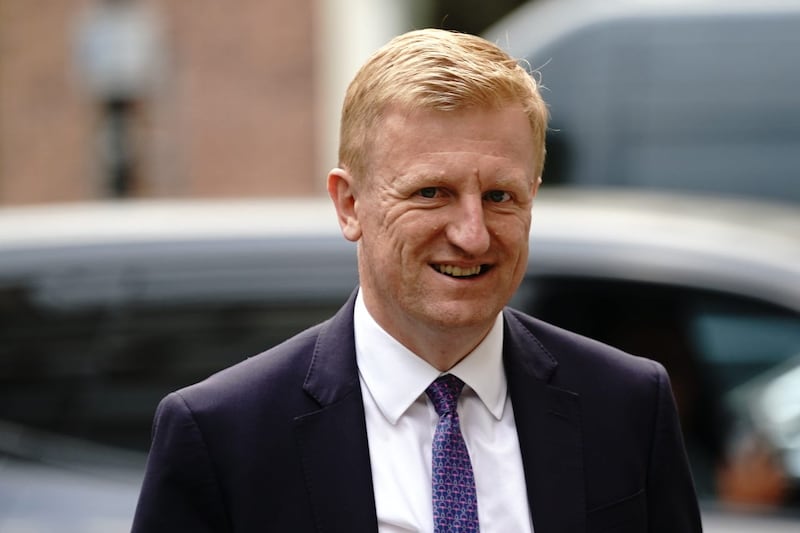
The arrests were only revealed at the weekend and the researcher at the centre of the row had links with senior Tories including security minister Tom Tugendhat and Foreign Affairs Committee chairwoman Alicia Kearns.
Conservative former minister Tim Loughton, who has been sanctioned by China, bemoaned the lack of briefings on the case as he told MPs: “I found out more about this character involved from my son, who just happened to be at university with him, than anything I’ve been told formally.”
Commons Speaker Sir Lindsay Hoyle said it would be “wrong to expect” all MPs to be briefed on such a major security issue, but added that all MPs who needed to be told were informed.
He earlier said security arrangements are kept under review but stressed that vetting procedures for Parliament are the same as for the Government.
The allegations have led to increased pressure from China “hawks” on the Tory benches for the Prime Minister to toughen his stance towards Beijing.
During the Tory leadership contest last year, Mr Sunak described China as the “biggest long-term threat to Britain” but official language used since he took office has been softer, with the integrated review of foreign and defence policy calling it an “epoch-defining challenge”.
Ex-prime minister Liz Truss, was among Tories pressing the Prime Minister to strengthen his language towards China.
She asked Mr Dowden: “Does he agree that what we need to do is to recognise that China is the largest threat, both to the world and to the United Kingdom, for freedom and democracy?”
The Deputy Prime Minister replied: “She is absolutely right that China represents a systemic challenge to our interests and values, and it is also the case, for example, in respect of our economic security, it is the number one state-based threat to our economic security.
“What I would say to her is that the Government is absolutely clear-eyed about the threats that this nation faces and robust in taking action.”



